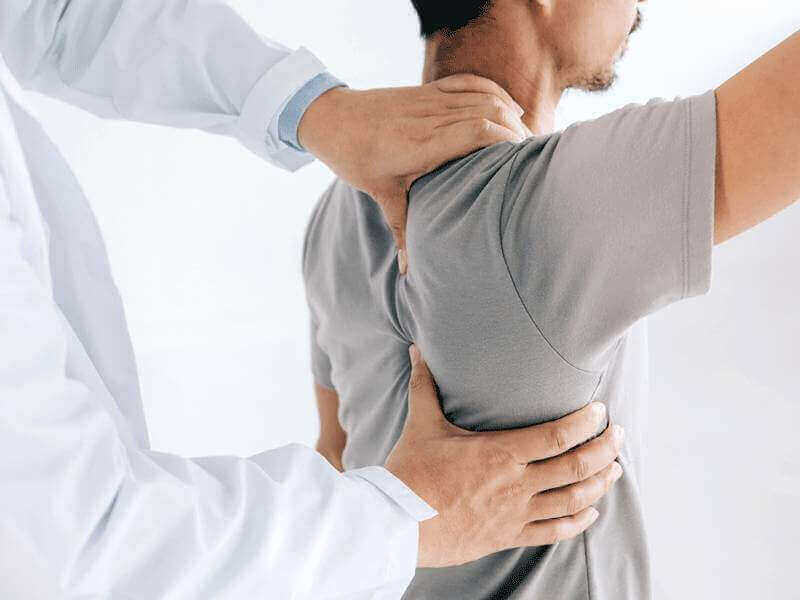Joints are where the ends of bones (or set of bones) meet, forming a hinge or a ball and socket arrangement that enables you to bend different parts of your body. Tough connective tissues (tendons and ligaments) hold the bones together and attach your muscles to your bones.
Joints also contain cartilage. Articular cartilage is a smooth, slippery coating that stops the ends of bones from rubbing against each other. Cartilage wedges like the meniscus in your knee provide stability and cushioning. Labral cartilage lines the socket part of your hip and shoulder joints, keeping the ball part in place.
Joints also have bursae, sacs of fluid that cushion the bones, tissues, and nerves. Some joints, like those in your spine (facet joints) and pelvis (sacroiliac joints), have a far more limited range of movement than the joints in your limbs but can still cause pain and disability.
Damage to any of these components could lead to joint pain.







